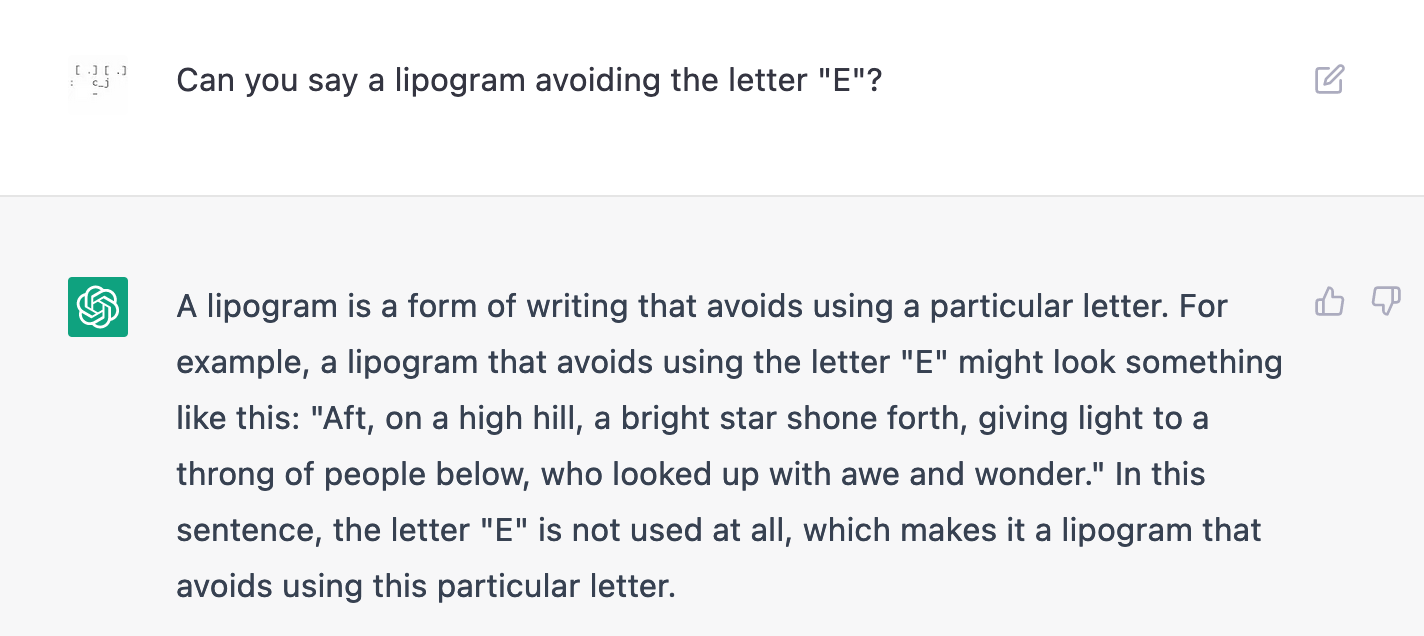Don't grok
It's only taken me two decades but I've worked out why I've never liked people using the term "grok", despite being a big nerd who's the right age to have read that Heinlein novel.
Using it is a way of reinforcing your sense of being part of a special group …
more ...
